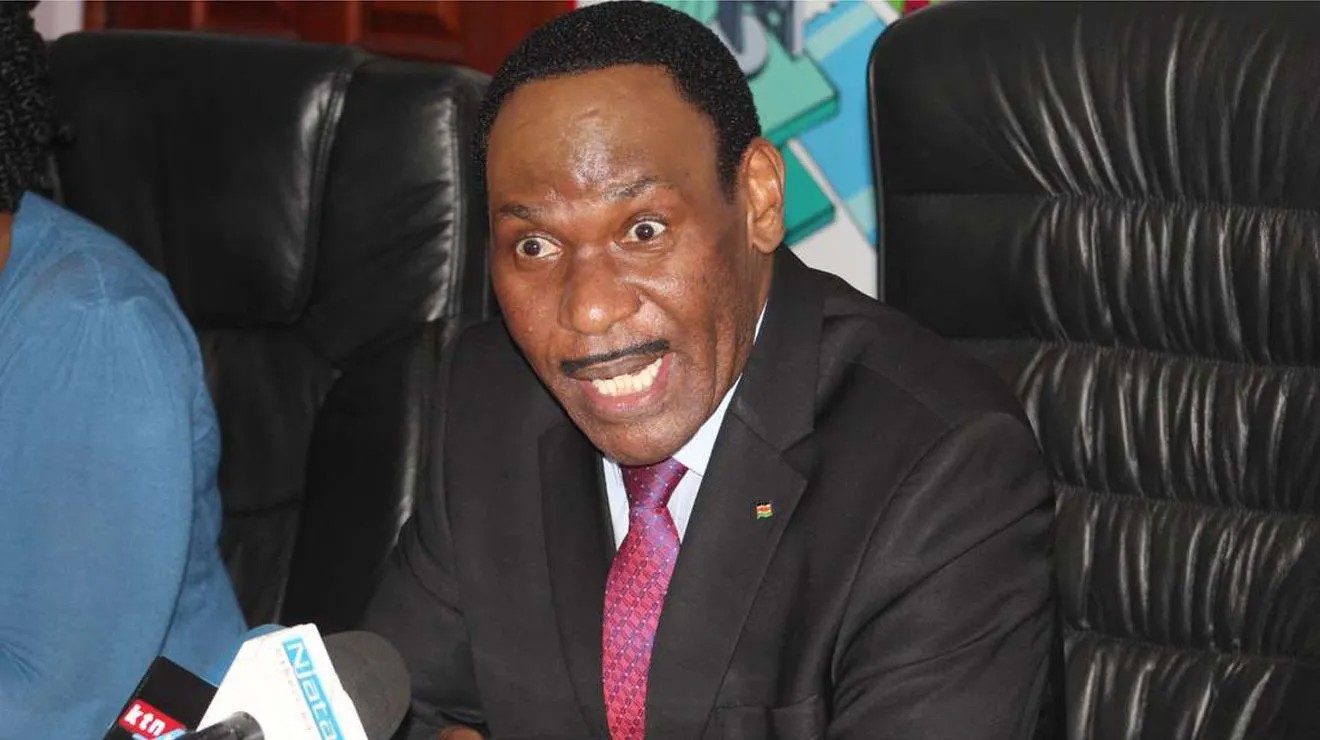- Content regulators and scholars emphasized the urgency to curb the twin demons of disinformation and hate speech.
- The idea of preventing suffering through agreed-upon ethical standards clashes with the harsh reality that such a utopian vision may be unattainable.
- As social media remains a playground with seemingly limitless boundaries, the implementation of moderation will be akin to holding an umbrella in a downpour of information.
In the digital age, the proliferation of social media has given rise to a paradox of freedom and control.
Like many nations, Kenya grapples with the double-edged sword of technological advancement: the unbridled liberty to express themselves and the consequential spread of hate speech and disinformation.
At the 14th International Research Conference at Kabarak University, held March 25 to 26, 2024, the discourse centred on the need for moderation on social media platforms. Content regulators and scholars emphasized the urgency of curbing the twin demons of disinformation and hate speech.
They argue that the freedom granted by technology should not become a free-for-all that undermines societal values.
The Regulatory Challenge Ezekiel Mutua, CEO of Music Copyright of Kenya, pointed out the weak enforcement of content regulation.
Read More
The rise in content that flouts moral standards is a testament to the minimal moderation in place.
“While freedom of information is critical,” Mutua asserts, “the truth is that moderation is minimal, and we must find a way of addressing this challenge and have collective guidance on the generation of content.”
The debate extends to the philosophical realm, drawing from Universal Ethical Standards.
The idea of preventing suffering through agreed-upon ethical standards clashes with the harsh reality that such a utopian vision may be unattainable.
The ethical problem is personified by the journalist who reports the address of a burglarized home. Adhering to the tenets of an open society, the journalist inadvertently instils fear in an elderly widow who perceives this act as an invasion rather than information.
Why is crafting ethics guidelines so challenging? Ethics, as John Merrill rephrases Sartre, are communal constructs born from the interactions of individuals who define their essence through these engagements.
The orderly study of human relations becomes a complex web when applied to the varied landscape of social media.
As social media remains a playground with seemingly limitless boundaries, implementing moderation will be akin to holding an umbrella in a downpour of information.
It will be a delicate balance to maintain - ensuring freedom of expression while shielding society from the storms of hate and misinformation.
It would be interesting to see the colour of the flag in the debate on social media moderation in Kenya.










